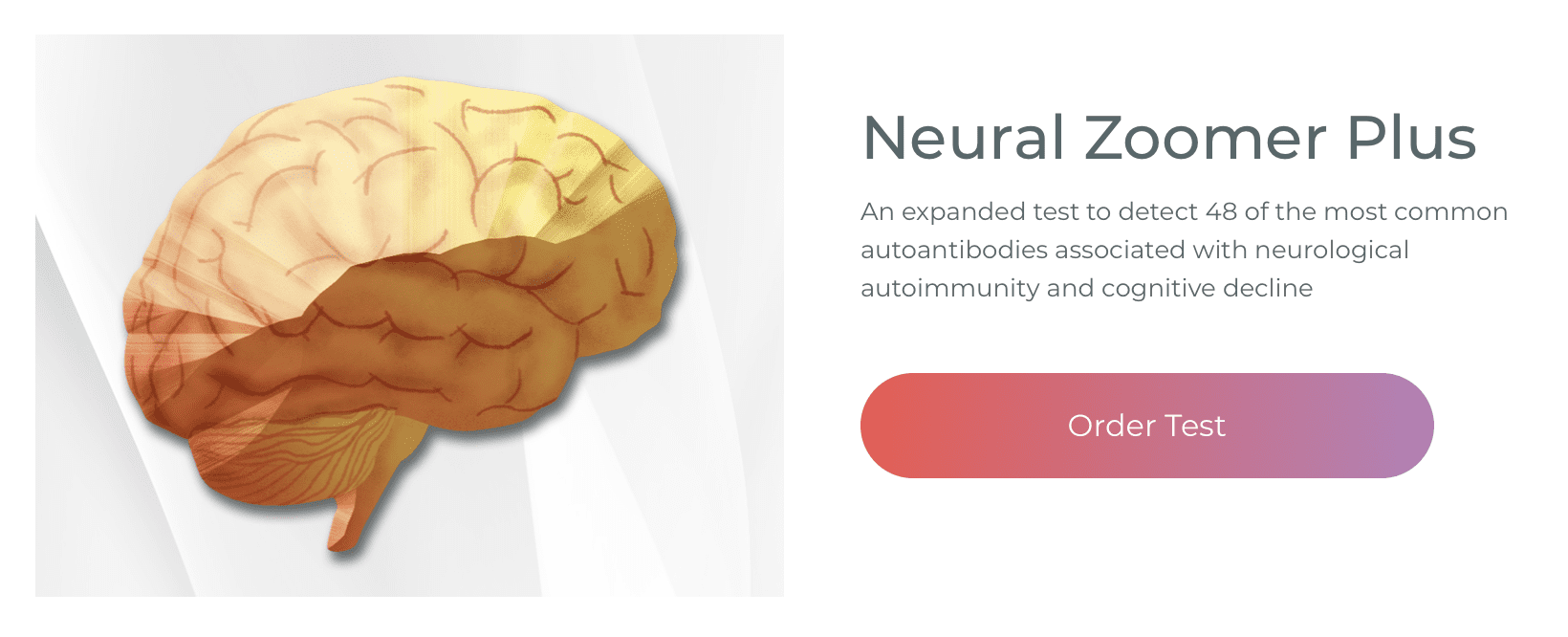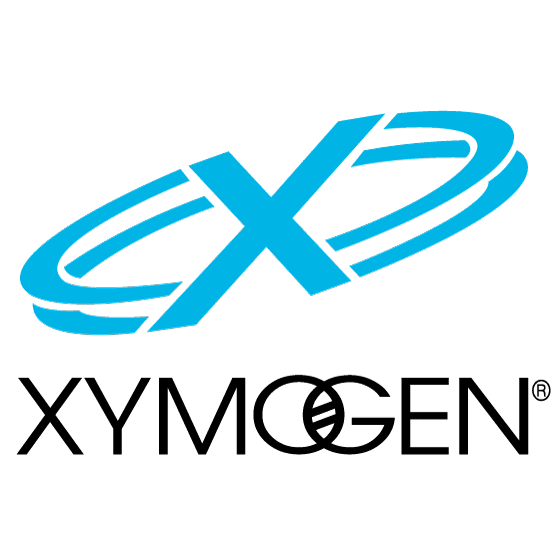The adrenal glands are small glands located on top of the kidneys and they are essential for our everyday wellness because they create a variety of hormones, such as cortisol and sex hormones. The adrenal glands create hormones that control sugar and blood pressure, react to stress, as well as burn protein and fat. If these small glands don’t create enough of the essential hormones for our everyday wellness, it can ultimately cause a variety of health issues. Adrenal fatigue is a health issue recognized by many healthcare professionals, however, there is no evidence to prove that the condition exists.
Adrenal fatigue is characterized as a collection of non-specific symptoms. James Wilson, Ph.D., naturopath and alternative healthcare professional, coined the term in 1998 when he first identified the condition as a collection of associated symptoms that occurred when the adrenal glands aren’t functioning accordingly. He also described that the condition is typically associated with severe stress and fatigue that doesn’t get better with sleep which follows with other health issues, such as bronchitis, flu, or pneumonia. In the following article, we will discuss how to ultimately improve adrenal fatigue with diet.
Table of Contents
What is Adrenal Fatigue?
According to healthcare professionals, adrenal fatigue can commonly develop in people that have experienced mental, physical, or emotional stress for an extended period of time. However, as previously mentioned, there is currently no evidence to prove that the condition exists. Many doctors are also concerned that if a patient is told that they have this condition, it may ultimately cause them to miss another underlying source of their symptoms that probably also won’t be diagnosed and treated accordingly. However, there are a variety of other health issues that may affect the adrenal glands.
Adrenal fatigue develops when the adrenal glands are overworked due to chronic stress. Many healthcare professionals believe that excessive, long-term stress causes these small glands to become fatigued and unable to keep up with the demands to produce enough hormones. All of the symptoms below are relatively generic, however, they could signal an underlying health issue. Many of the symptoms could also be due to a busy life and a lack of sleep, as well as due to caffeine addiction, poor nutrition, or increased amounts of stress. The common symptoms associated with adrenal fatigue can include:
- tiredness
- craving sugar and salt
- abnormal weight loss
- trouble getting to sleep and waking up
- dependence on stimulants like caffeine
- nonspecific digestive problems
What is Adrenal Insufficiency?
Adrenal insufficiency, commonly referred to as Addison’s disease, is a health issue that develops when the adrenal glands aren’t producing enough of the hormones we need for overall health. Adrenal fatigue is believed to be a mild type of adrenal insufficiency caused by severe stress over a long period of time. Adrenal insufficiency develops when the adrenal glands are damaged, causing them to not produce enough hormones, including cortisol and aldosterone. Cortisol regulates our stress response while aldosterone regulates sodium and potassium. Symptoms associated with adrenal insufficiency can include:
- fatigue
- muscle weakness
- lightheadedness
- headaches or head pain
- loss of appetite
- unexplained weight loss
- salt cravings
- excessive sweating
- loss of body hair
- irregular menstruation in women
- irritability and/or depression
- hypoglycemia
- low blood pressure
- abdominal pain, nausea, and diarrhea
In more severe cases, when the adrenal glands aren’t producing enough of the necessary hormones due to adrenal insufficiency, you may experience:
- nausea
- vomiting
- diarrhea
- low blood pressure
- hyperpigmentation
- depression
Understanding the Adrenal Fatigue Diet
As previously mentioned, adrenal fatigue is a health issue that occurs when the adrenal glands aren’t creating enough of the essential hormones we need for our everyday wellness. Fortunately, many healthcare professionals recommend following the adrenal fatigue diet to ultimately help improve symptoms. The adrenal fatigue diet is a nutritional treatment approach that helps improve adrenal fatigue. The adrenal fatigue diet can increase energy levels and control a variety of bodily functions because it promotes healthier eating habits and lifestyle modifications. Following the adrenal fatigue diet can help promote:
- proper adrenal gland function
- increased nutrients in the body
- balanced blood pressure
- reduced stress levels
Moreover, the adrenal fatigue diet is similar to most balanced diets recommended by healthcare professionals, which typically include eating plenty of vegetables, high-protein foods, and whole grains. The goal of this nutritional treatment approach is to naturally increase your energy levels in order for the body not to burn too many essential nutrients. The adrenal fatigue diet is still being tested. Healthcare professionals are still performing research studies on adrenal fatigue. However, it has been demonstrated that eating a proper diet and lifestyle modifications can ultimately make you feel overall wellness.
Foods to Eat with Adrenal Fatigue
Following a balanced diet is the best way to regulate the essential functions of the human body as well as maintain overall wellness. Healthcare professionals recommend eating complex carbohydrates, proteins, and healthy fats. Also, eat plenty of vegetables to get the necessary amount of vitamins and minerals as well as eat foods that are high in vitamin C, B vitamins, and magnesium to support the adrenal glands. It’s also essential to stay hydrated. Dehydration can affect your stress levels and make the adrenal glands to produce cortisol. Foods to eat on the adrenal fatigue diet can include:
- low-sugar fruits
- leafy greens and colorful vegetables
- nuts
- legumes
- whole grains
- dairy
- fish
- lean meats
- eggs
- healthy fats such as olive oil, and coconut oil
- sea salt (in moderation)
Foods to Avoid with Adrenal Fatigue
Although the adrenal fatigue diet also doesn’t require any major dietary restrictions that could harm your health, you should still talk with your healthcare professional before changing your eating habits. If you begin to experience any adverse symptoms or if the adrenal fatigue diet makes your condition worse, visit your healthcare professional immediately. Furthermore, if you do decide to try following the adrenal fatigue diet, many healthcare professionals recommend limiting foods and drinks high in refined and processed sugars and fats. Several foods to avoid eating with adrenal fatigue can include:
- refined white sugar
- refined white flour
- fried food
- processed food
- fast food
- artificial sweeteners
- soda
- caffeine
- alcohol

The adrenal glands are small glands found on top of each kidney. The outer region of the adrenal gland, known as the adrenal cortex, creates a variety of hormones, including cortisol and aldosterone. The inner region of the adrenal gland, known as the adrenal medulla, creates other hormones, such as adrenaline or epinephrine and norepinephrine. These essential hormones are necessary for a variety of functions in the human body, including: regulating sugar, salt, water, metabolism, and blood pressure, as well as regulating stress and inflammation, among other essential bodily functions. Adrenal fatigue can commonly develop in people that have experienced severe mental, physical, or emotional stress for an extended period of time. However, as previously mentioned above, there is currently not enough evidence to ultimately prove that the condition exists. – Dr. Alex Jimenez D.C., C.C.S.T. Insight
The adrenal glands are small glands located on top of the kidneys and they are essential for our everyday wellness because they create a variety of hormones, such as cortisol and sex hormones. The adrenal glands create hormones that control sugar and blood pressure, react to stress, as well as burn protein and fat. If these small glands don’t create enough of the essential hormones for our everyday wellness, it can ultimately cause a variety of health issues. Adrenal fatigue is a health issue recognized by many healthcare professionals, however, there is no evidence to prove that the condition exists.
Adrenal fatigue is characterized as a collection of non-specific symptoms. James Wilson, Ph.D., naturopath and alternative healthcare professional, coined the term in 1998 when he first identified the condition as a collection of associated symptoms that occurred when the adrenal glands aren’t functioning accordingly. He also described that the condition is typically associated with severe stress and fatigue that doesn’t get better with sleep which follows with other health issues, such as bronchitis, flu, or pneumonia. In the article above, we will discuss how to ultimately improve adrenal fatigue with diet.
The scope of our information is limited to chiropractic, musculoskeletal, and nervous health issues or functional medicine articles, topics, and discussions. We use functional health protocols to treat injuries or disorders of the musculoskeletal system. Our office has made a reasonable attempt to provide supportive citations and has identified the relevant research study or studies supporting our posts. We also make copies of supporting research studies available to the board and or the public upon request. To further discuss the subject matter above, please feel free to ask Dr. Alex Jimenez or contact us at 915-850-0900.
Curated by Dr. Alex Jimenez
References:
- Newman, Tim. “Adrenal Fatigue: Myths, Symptoms, Disorders, and Treatment.” Medical News Today, MediLexicon International, 27 June 2018, www.medicalnewstoday.com/articles/245810.php#treatment.
- Frothingham, Scott. “Adrenal Fatigue Treatment.” Healthline, Healthline Media, 22 Aug. 2018, www.healthline.com/health/adrenal-fatigue-treatment.
- Felson, Sabrina. “Adrenal Fatigue: Is It Real? Symptoms, Causes, Treatments.” WebMD, WebMD, 8 Feb. 2019, www.webmd.com/a-to-z-guides/adrenal-fatigue-is-it-real#1.
- Anthony, Kiara. “The Adrenal Fatigue (AF) Diet.” Healthline, Healthline Media, 28 Feb. 2019, www.healthline.com/health/adrenal-fatigue-diet.
Neurotransmitter Assessment Form
The following Neurotransmitter Assessment Form can be filled out and presented to Dr. Alex Jimenez. The following symptoms listed on this form are not intended to be utilized as a diagnosis of any type of disease, condition, or any other type of health issue.
Additional Topic Discussion: Chronic Pain
Sudden pain is a natural response of the nervous system which helps to demonstrate possible injury. By way of instance, pain signals travel from an injured region through the nerves and spinal cord to the brain. Pain is generally less severe as the injury heals, however, chronic pain is different than the average type of pain. With chronic pain, the human body will continue sending pain signals to the brain, regardless if the injury has healed. Chronic pain can last for several weeks to even several years. Chronic pain can tremendously affect a patient’s mobility and it can reduce flexibility, strength, and endurance.
Neural Zoomer Plus for Neurological Disease
Dr. Alex Jimenez utilizes a series of tests to help evaluate neurological diseases. The Neural ZoomerTM Plus is an array of neurological autoantibodies which offers specific antibody-to-antigen recognition. The Vibrant Neural ZoomerTM Plus is designed to assess an individual’s reactivity to 48 neurological antigens with connections to a variety of neurologically related diseases. The Vibrant Neural ZoomerTM Plus aims to reduce neurological conditions by empowering patients and physicians with a vital resource for early risk detection and an enhanced focus on personalized primary prevention.
Food Sensitivity for the IgG & IgA Immune Response
Dr. Alex Jimenez utilizes a series of tests to help evaluate health issues associated with a variety of food sensitivities and intolerances. The Food Sensitivity ZoomerTM is an array of 180 commonly consumed food antigens that offers very specific antibody-to-antigen recognition. This panel measures an individual’s IgG and IgA sensitivity to food antigens. Being able to test IgA antibodies provides additional information to foods that may be causing mucosal damage. Additionally, this test is ideal for patients who might be suffering from delayed reactions to certain foods. Utilizing an antibody-based food sensitivity test can help prioritize the necessary foods to eliminate and create a customized diet plan around the patient’s specific needs.
Gut Zoomer for Small Intestinal Bacterial Overgrowth (SIBO)
Dr. Alex Jimenez utilizes a series of tests to help evaluate gut health associated with small intestinal bacterial overgrowth (SIBO). The Vibrant Gut ZoomerTM offers a report that includes dietary recommendations and other natural supplementation like prebiotics, probiotics, and polyphenols. The gut microbiome is mainly found in the large intestine and it has more than 1000 species of bacteria that play a fundamental role in the human body, from shaping the immune system and affecting the metabolism of nutrients to strengthening the intestinal mucosal barrier (gut-barrier). It is essential to understand how the number of bacteria that symbiotically live in the human gastrointestinal (GI) tract influences gut health because imbalances in the gut microbiome may ultimately lead to gastrointestinal (GI) tract symptoms, skin conditions, autoimmune disorders, immune system imbalances, and multiple inflammatory disorders.
Formulas for Methylation Support
XYMOGEN’s Exclusive Professional Formulas are available through select licensed health care professionals. The internet sale and discounting of XYMOGEN formulas are strictly prohibited.
Proudly, Dr. Alexander Jimenez makes XYMOGEN formulas available only to patients under our care.
Please call our office in order for us to assign a doctor consultation for immediate access.
If you are a patient of Injury Medical & Chiropractic Clinic, you may inquire about XYMOGEN by calling 915-850-0900.
For your convenience and review of the XYMOGEN products please review the following link. *XYMOGEN-Catalog-Download
* All of the above XYMOGEN policies remain strictly in force.
Modern Integrated Medicine
The National University of Health Sciences is an institution that offers a variety of rewarding professions to attendees. Students can practice their passion for helping other people achieve overall health and wellness through the institution’s mission. The National University of Health Sciences prepares students to become leaders in the forefront of modern integrated medicine, including chiropractic care. Students have an opportunity to gain unparalleled experience at the National University of Health Sciences to help restore the natural integrity of the patient and define the future of modern integrated medicine.
Post Disclaimer
Professional Scope of Practice *
The information on this blog site is not intended to replace a one-on-one relationship with a qualified healthcare professional or licensed physician and is not medical advice. We encourage you to make healthcare decisions based on your research and partnership with a qualified healthcare professional.
Blog Information & Scope Discussions
Welcome to El Paso's Premier Wellness and Injury Care Clinic & Wellness Blog, where Dr. Alex Jimenez, DC, FNP-C, a board-certified Family Practice Nurse Practitioner (FNP-BC) and Chiropractor (DC), presents insights on how our team is dedicated to holistic healing and personalized care. Our practice aligns with evidence-based treatment protocols inspired by integrative medicine principles, similar to those found on this site and our family practice-based chiromed.com site, focusing on restoring health naturally for patients of all ages.
Our areas of chiropractic practice include Wellness & Nutrition, Chronic Pain, Personal Injury, Auto Accident Care, Work Injuries, Back Injury, Low Back Pain, Neck Pain, Migraine Headaches, Sports Injuries, Severe Sciatica, Scoliosis, Complex Herniated Discs, Fibromyalgia, Chronic Pain, Complex Injuries, Stress Management, Functional Medicine Treatments, and in-scope care protocols.
Our information scope is limited to chiropractic, musculoskeletal, physical medicine, wellness, contributing etiological viscerosomatic disturbances within clinical presentations, associated somato-visceral reflex clinical dynamics, subluxation complexes, sensitive health issues, and functional medicine articles, topics, and discussions.
We provide and present clinical collaboration with specialists from various disciplines. Each specialist is governed by their professional scope of practice and their jurisdiction of licensure. We use functional health & wellness protocols to treat and support care for the injuries or disorders of the musculoskeletal system.
Our videos, posts, topics, subjects, and insights cover clinical matters and issues that relate to and directly or indirectly support our clinical scope of practice.*
Our office has made a reasonable effort to provide supportive citations and has identified relevant research studies that support our posts. We provide copies of supporting research studies available to regulatory boards and the public upon request.
We understand that we cover matters that require an additional explanation of how they may assist in a particular care plan or treatment protocol; therefore, to discuss the subject matter above further, please feel free to ask Dr. Alex Jimenez, DC, APRN, FNP-BC, or contact us at 915-850-0900.
We are here to help you and your family.
Blessings
Dr. Alex Jimenez DC, MSACP, APRN, FNP-BC*, CCST, IFMCP, CFMP, ATN
email: coach@elpasofunctionalmedicine.com
Licensed as a Doctor of Chiropractic (DC) in Texas & New Mexico*
Texas DC License # TX5807
New Mexico DC License # NM-DC2182
Licensed as a Registered Nurse (RN*) in Texas & Multistate
Texas RN License # 1191402
ANCC FNP-BC: Board Certified Nurse Practitioner*
Compact Status: Multi-State License: Authorized to Practice in 40 States*
Graduate with Honors: ICHS: MSN-FNP (Family Nurse Practitioner Program)
Degree Granted. Master's in Family Practice MSN Diploma (Cum Laude)
Dr. Alex Jimenez, DC, APRN, FNP-BC*, CFMP, IFMCP, ATN, CCST
My Digital Business Card









